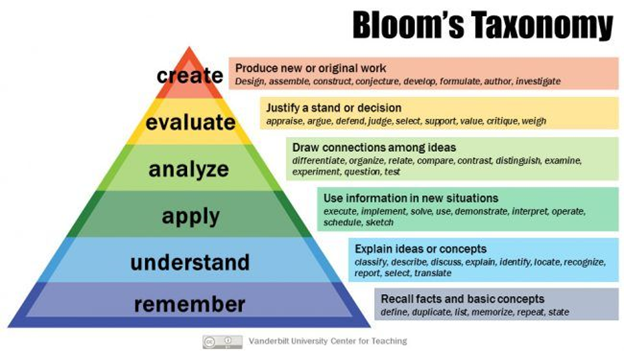We are currently developing the catalog for the 2026-27 academic year, which will be published in spring 2026.
Submission Schedule
Aug. 1, 2025 — CourseLeaf opens for curriculum development of 2026-27 catalog.
Wednesday, Sept. 10, 2025 — Student Affairs Council meeting (orientation).
Wednesday, Sept. 24, 2025 — First submission due date for proposals.
Wednesday, Oct. 8, 2025 — Student Affairs Council meeting for proposal review.
Wednesday, Oct. 29, 2025 — Second submission due date for proposals. This is the final deadline for modifications/new course proposals for the AY26-27 catalog.
Nov. 1, 2025 — All proposals should be entered into CourseLeaf.
Wednesday, Nov. 12, 2025 — Student Affairs Council meeting for proposal review.
Dec. 1, 2025 — Proposals need to be reviewed and approved by Dean by this date to stay on track for AY26-27 catalog.
Feb. 15, 2026 — Review of all course proposals completed by UCC and SGS.
Feb. 15, 2026 — Initial review of all program proposals by UCC and SGS.
Wednesday, March 4, 2026 — Submission due date for MOTR course proposals for 2027-28 catalog cycle.
Wednesday, March 11, 2026 — Student Affairs Council meeting for MOTR proposal review.
April 1, 2026 — First draft of new General Education proposals due - see General Education Resources.
Training
Please contact the Provost Office at umkccatalog@umkc.edu for training in CourseLeaf. For more information, visit the Managing Programs and Courses page on the Provost website.
Proposals for Courses and Existing Programs
A course must first be created and approved in order to be scheduled. A syllabus including all required components will need to be attached, and an explanation of how the course interacts with various programs (majors, minors and interdisciplinary programs).
Simple Syllabus can be used if a "sandbox" course in Canvas exists (directions below). There is also a syllabus template available through CAFE.
- Sign into Canvas.
- Go to Help in the left sidebar navigation.
- Select Canvas Request System.
- Select New Course along the top navigation bar.
- Select Development for New Course Type.
Please contact Rebecca Hartman if you need a course number, including what level(s) or other consideration(s) (like that it will be reviewed for WI status). For courses at the 300-level or above, please refer to the upper-division courses policy for requirements.
Refer to Bloom's Taxonomy for help in writing SLOs:

A syllabus including all required components will need to be attached. Confirm that no changes are needed in how the course interacts with various programs (listed at the top of an existing course proposal).
Simple Syllabus can be used if the course is in Canvas, or a "sandbox" course can be created (directions below). There is also a syllabus template available through CAFE.
- Sign into Canvas.
- Go to Help in the left sidebar navigation.
- Select Canvas Request System.
- Select New Course along the top navigation bar.
- Select Development for New Course Type.
For courses at the 300-level or above, please refer to the upper-division courses policy for requirements.
Refer to Bloom's Taxonomy for help in writing SLOs:

Along with program proposals, there need to be updated versions of the following (integrating any course and program modifications together):
- Course rotation (showing the projected scheduling of these courses)
- Curriculum map (showing how program SLOs are assessed through the coursework)
- Major map (showing the ideal progression through the program for advising)
New Program Proposals
Send new proposals with a description of the proposed major, minor, or certificate program and the curriculum for it. Departmental approval is required before submitting a proposal.
Undergraduate programs: Toya Like
Graduate programs: Jennifer Phegley
All proposals received by April 1 will be collected for scheduled meetings with the UMKC Curriculum and Assessment Team to discuss timelines and priorities.
Timeline Information
The deadline for proposals to be through all levels of unit review (department-CAS Curriculum Committee-Dean). This is also the deadline for Academic Catalog edits for pages not related to courses and programs, such as Overview and Faculty pages.
The deadline for proposals to be through levels of university review (assessment-GECC/UCC/SGS).
Meeting this goal means that incoming students can start planning their coursework and plans of study based on accurate program and course information.
